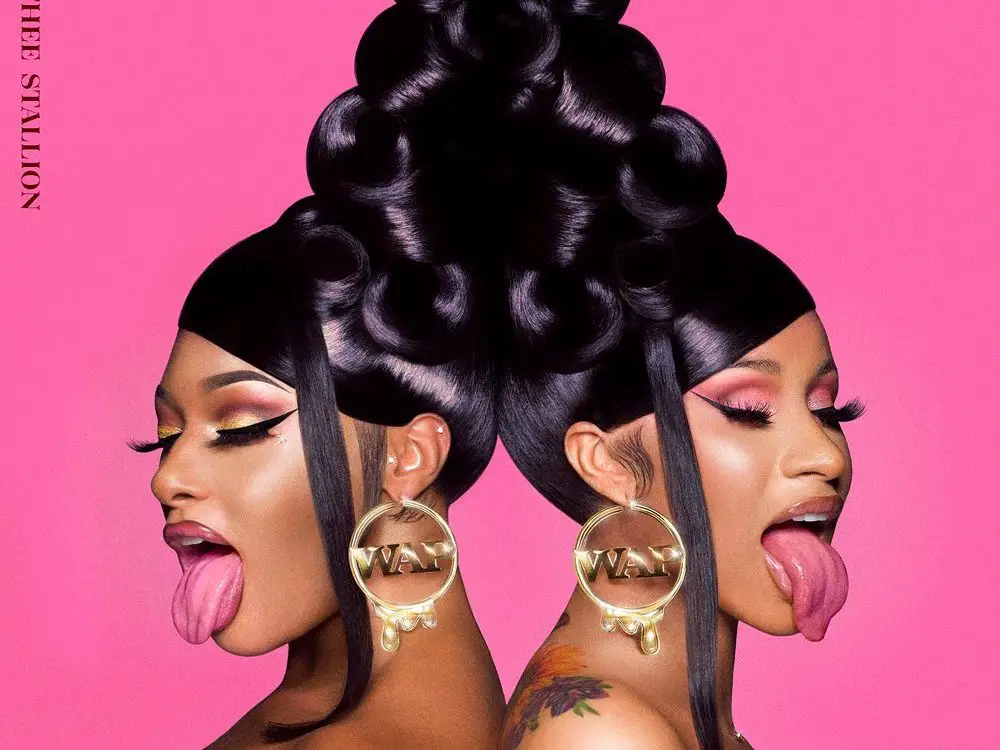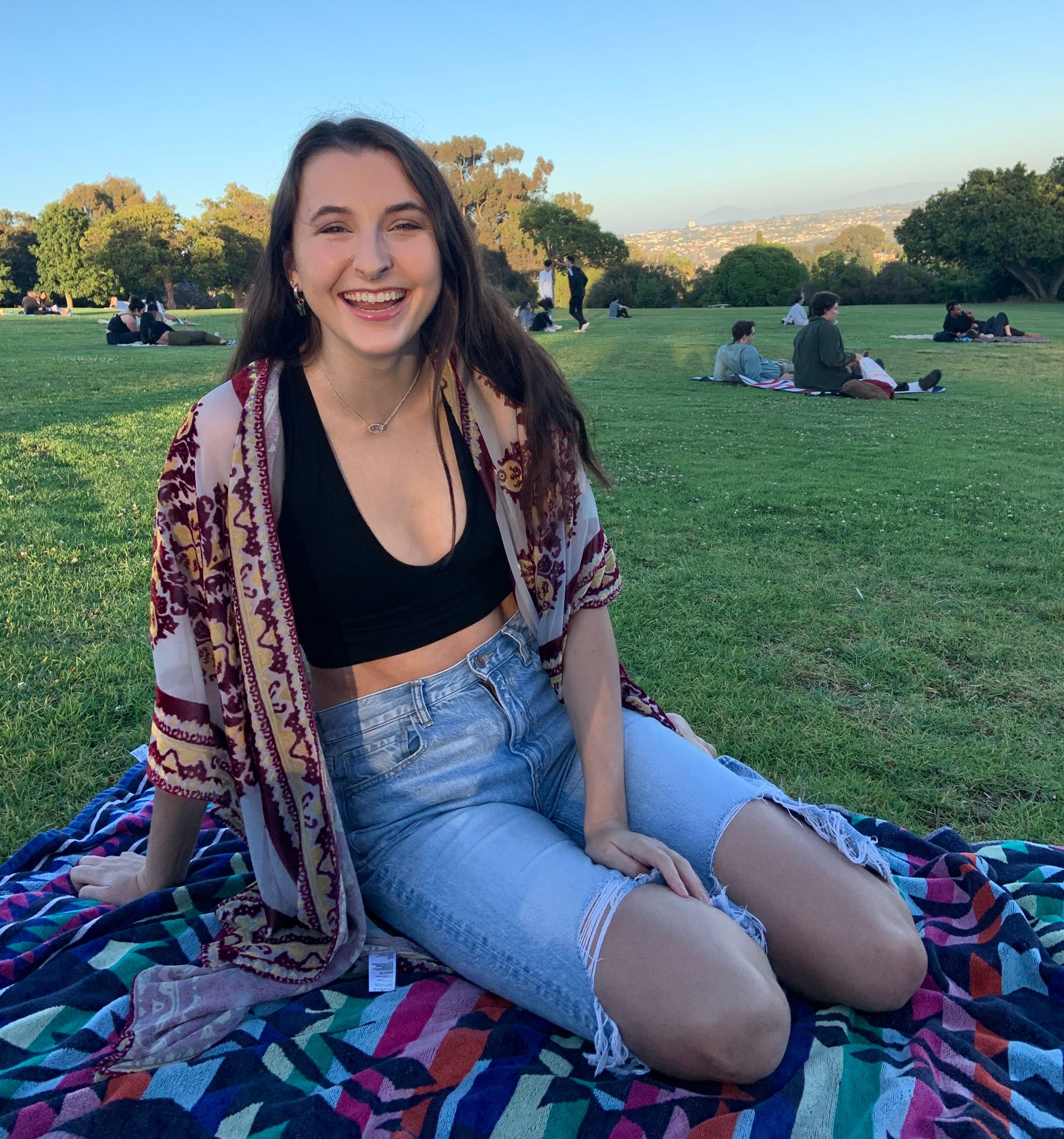Rappers Cardi B and Megan Thee Stallion released their hit collaboration “WAP” (“wet-a– p—y”) on August 3. Immediately, this admittedly raunchy song garnered massive online criticism from listeners, celebrities and even political figures. However, although this song is clearly sexually graphic, is it any worse than the plethora of explicit songs released by male rappers? Is the phrase “wet-a– p—y” really worse than titles like “Slob on My Knob” by Tear Da Club Up Thugs or “Violate that B—-” by Lil B?
Women, especially Black women, are often criticized more heavily than men for expressing themselves sexually. “Black women’s sexuality has often been treated as scandalous and abnormal in ways that reveal more about the scandalized diagnosers than about the people they are purportedly diagnosing,” Noah Bertlasky wrote in The Observer.
Why is it inappropriate for female rappers to write lyrics about their sexuality when male rappers do the same? Sexuality isn’t something women ought to feel ashamed of. While it’s perfectly okay to not like the song “WAP,” it’s not okay to criticize Cardi and Megan for making it. Sexually explicit songs might not be every listener’s cup of tea. However, that doesn’t mean that writing sexually explicit songs is wrong.
“Bring a bucket and a mop for this wet-a– p—y. Give me everything you got for this wet-a– p—y,” Cardi rapped in “WAP.” Conservative pundit Ben Shapiro took particular issue with this line in “WAP.” He tweeted, “My only real concern is that the women involved — who apparently require a ‘bucket and a mop’ — get the medical care they require. My doctor wife’s differential diagnosis: bacterial vaginosis, yeast infection, or trichomonis.”
First of all, Shapiro cannot even spell trichomoniasis correctly, which certainly demonstrates his ineptitude in gynecology. Secondly, the clear hyperbole of this line flies over Shapiro’s head. I doubt that Cardi and Megan require a literal bucket and mop during their sexual encounters. Instead of recognizing the hyperbolic lyrics for what they are, Shapiro decides to play doctor and assume Cardi and Megan have “diseased” vaginas.
Noah Bertlasky draws a historical comparison between Cardi and Megan and Saartjie Baartman. “In 1810, Sara Baartman, a Black South African Khoikhoi woman, was brought to Paris and exhibited on stage as a freak show attraction; viewers could touch her genitals and rear end for a fee,” Bertlasky wrote. “She died in 1815, at which point scientist Georges Cuvier dissected her in public, displaying her genitalia—much as Ben Shapiro, in his tweet, makes a show of displaying Cardi B and Megan Thee Stallion’s vaginas, and diagnosing them as diseased.”
While Shapiro did not take physical action like Cuvier, he verbally dissected Cardi and Megan and still displayed clear misogyny against them. Shapiro doesn’t hold male rappers to the same puritanical standards. He doesn’t release videos in opposition to the sexually aggressive rap lyrics by men present in songs like “Crazy Rap” by Afroman or “Lollipop” by Lil Wayne. That isn’t to say that male rappers don’t have the right to rap with sexually explicit lyrics, but it is unfair to hold female rappers to a different standard than their male counterparts.
Singer CeeLo Green also tweeted against the “WAP” music video, calling it “sheer savagery.” “The idea that Black women talking about sex is ‘sheer savagery’ in particular harkens back to Baartman, a Black woman whose sexuality and naked body was seen as a primitive monstrosity,” Bertlasky wrote. Black women’s sexuality isn’t savage or primitive. This language from Green is misogynistic and is in line with his 2014 tweet that claims that having sex with an unconscious woman isn’t rape. Green is clearly the last person who should have an opinion on women’s sexual expression.
Shapiro seems to believe that Black women ought to act “clean or wholesome,” as Bertlasky illustrated. “But the male gaze directed at Black women isn’t clean or wholesome. It’s mostly been mired in hate, abuse and a conflation of desire and violence,” Bertlasky wrote. Shapiro doesn’t come from a moral high ground. He doesn’t look at “WAP” from concerns of propriety. His disdain for the song’s lyrics and the sexual imagery of the music video stems from his flawed belief that female sexuality cannot exist outside of the male gaze. Shapiro’s statement demonstrates his conviction that women’s erotic expression only exists for men and ought to conform to men’s standards of sexual purity.
Shapiro’s political beliefs make his criticism of “WAP” even more ironic. “It’s peak hypocrisy to criticize WAP while endorsing a president who famously bragged about grabbing women by the p—-, and cheated on his wife with adult film stars who he then paid off to keep quiet,” Chelsea Steiner wrote in The Mary Sue. “It’s interesting how you’ve never said a peep about male rappers with explicit lyrics, but you’re awfully quick to criticize Black women. Your misogynoir is showing, and everyone can see it.”
Misogynoir, or the intersection of racism and sexism against Black women, is clear in Shapiro’s critiques of “WAP.” Donald Trump can admit to assaulting women and using the word p—- and still be president of the United States, but when Black women rap about their own vaginas and sexual pleasure, suddenly it’s problematic.
Rapping about sex, regardless of gender, isn’t negative unless it’s degrading or insulting to others. “WAP” is not degrading, as it empowers Cardi B and Megan Thee Stallion to rap about their own sexuality and sexual desires. This song does not deserve the excessive criticism leveled against it. Women should be allowed to express their sexuality in the same way as men. Women’s sexual expression isn’t shameful, savage or primitive. It’s beautiful, sacred and worthy of celebration.

















